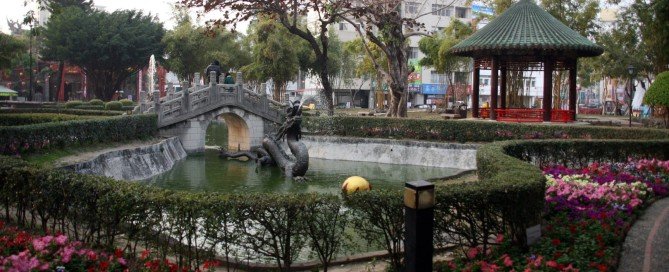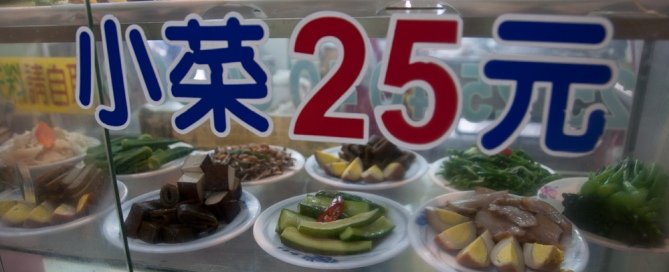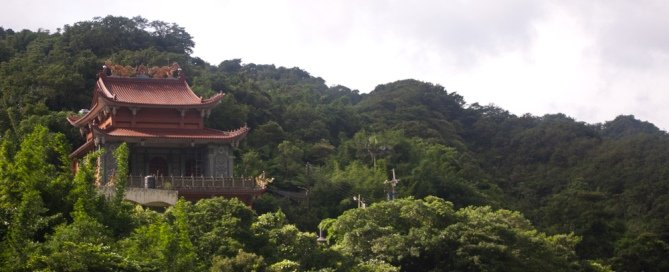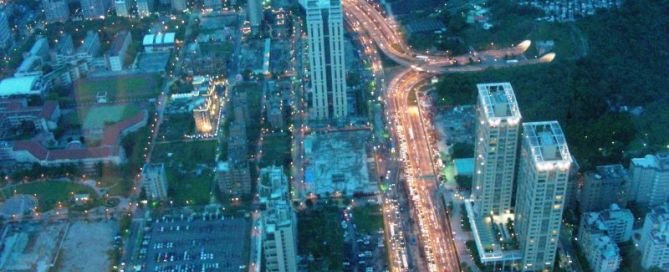Guide to Taiwan
Quick Facts
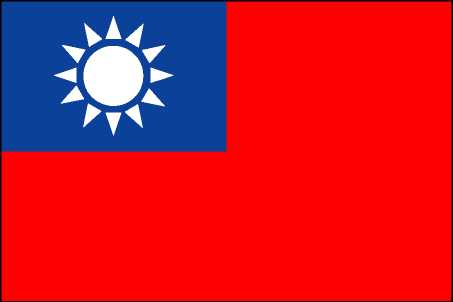
Population: 23 million
Major Languages:
Mandarin & Taiwanese
Currency: New Taiwan Dollar
Calling Code: 886
Taiwan, the tropical Ilha Formosa, is located in the western Pacific Ocean just off the southeastern coast of China. From the 1400s onwards the island has attracted attention from other nationalities, with the Chinese being followed by Portuguese, Dutch and then Spanish settlers. From 1895 it was under Japanese control, until in 1945, after WWII, the newly created People's Republic of China was handed power.
The latter half of the twentieth century brought a series of changes that shook Taiwan. Lee Teng-hui became the first Taiwanese-born to be declared president, and he set a precedent in bilateral relations with China by openly challenging the one-China policy. In 2000, Chen Shui-bian won the presidency, ending 54 years of KMT rule in Taiwan. His re-election provoked China's issuing of an anti-secession law that enabled China to attack Taiwan in the event the island's leaders declared independence. Despite this law, tensions between the countries have calmed in recent years as China's economic growth has motivated the Taiwanese to seek closer relations with the PRC. Indeed, economic growth has been the major characteristic of Taiwan itself over the past few decades, to such an extent that it has become known as the ‘Taiwan Miracle'.
Capital: The wonders of Taipei owe much to the 1980s. During this decade, a light-rail network was built, environmental laws were passed, parks flourished throughout the city and architects set to the task of designing jaw-dropping structures that count among the world's tallest buildings. Today, Taipei enjoys one of the highest standards of living in Asia, drawing Taiwanese and foreigners alike, the latter mainly from Indonesia, Vietnam and the Philippines. Beautiful and ornate temples, world-famous night markets and over 20 universities make Taipei one of Asia's most charming cities.
Government: Taiwan is a multiparty democracy. President Ma Ying-jeou acts as chief of state and Premier Wu Den-yih acts as head of government. There is a unicameral Legislative Yuan.
Culture: Taiwanese culture reflects the historical contest between China and Taiwan over control of the island. The Kuomitang's cultural legacy includes the appreciation of Chinese calligraphy, Chinese opera and traditional Chinese art. Most recently, however, the Taiwanese have slowly developed an identity of their own, creating unique cuisine and music traditions and defending the use of the Taiwanese language. Popular sports include basketball and baseball, and the extraordinary popularity of karaoke evokes a lingering Japanese influence. Taiwanese staples, however, have also influenced other cultures. Perhaps there is no better example of this than bubble tea.
Taiwanese Media
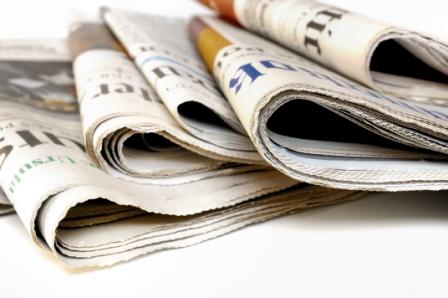 |
|



